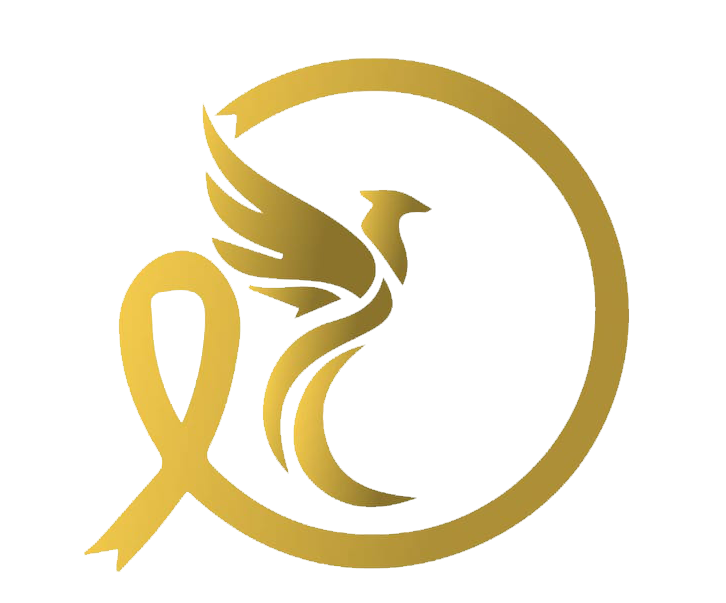Understanding Sexual Violence and Abuse
The terms “rape,” “sexual assault,” “sexual abuse,” and “sexual violence” are often used interchangeably. However, they can have different meanings depending on the situation, context, or legal system. For example, rape and sexual assault are specific crimes defined under the Sexual Offences Act 2003 in the UK. Definitions of sexual violence vary between countries and even within regions of the same country.
The World Health Organisation (WHO) defines sexual violence broadly as:
“Any sexual act, attempt to obtain a sexual act, unwanted sexual comments or advances, or acts to traffic, or otherwise directed, against a person’s sexuality using coercion, by any person regardless of their relationship to the victim, in any setting, including but not limited to home and work.”
At its core:
Sexual violence is any sexual activity that happens without consent.
It’s not just about physical violence; it’s about control, pressure, manipulation, or threats. It can happen to anyone, regardless of gender, age, background, or faith.
Types of Sexual Abuse
🔸 Rape
Forced or coerced penetrative sex (vaginal, anal, or oral) without consent.
Example: Being forced or threatened to have sex when you don’t want to.
🔸 Assault by Penetration
Inserting objects or body parts (other than the penis) into the vagina or anus without consent.
Example: Being forced to have an object inserted against your will.
🔸 Sexual Assault
Any unwanted sexual touching, even over clothes.
Example: Someone groping or touching your body when you don’t want them to.
🔸 Sexual Coercion
Being pressured, guilt-tripped, blackmailed, or emotionally manipulated into sexual activity.
Example: “If you don’t, I’ll leave you” or “You owe me because we are together.”
🔸 Marital or Partner Rape
Sexual activity forced by a spouse or partner without consent. Marriage is not consent.
Example: Being forced to have sex in a relationship when you don’t want to.
🔸 Child Sexual Abuse
Any sexual activity involving a child. Children cannot legally consent.
Example: Grooming, sexual touching, exposure to pornography.
🔸 Sexual Exploitation
Being sexually taken advantage of, often in exchange for money, housing, or gifts.
Example: Someone demanding sex in exchange for immigration help or a place to stay.
🔸 Image-Based Abuse (Revenge Porn)
Sharing or threatening to share private sexual images or videos without permission.
Example: “If you don’t do what I want, I will send your pictures to your family.”
Remember:
- ✅ Consent must be freely given.
- ❌ Silence is not consent.
- ❌ Fear is not consent.
- ✅ Consent can be withdrawn at any time, even in a marriage or relationship.
Barriers to Speaking Out (Especially in Migrant Communities)
- Fear of shame or dishonour
- Cultural or religious pressure to stay silent
- Fear of not being believed
- Immigration status worries
- Financial or emotional dependence on the abuser
❗ But abuse is never justified.
Culture and family should bring protection, not pain or silence.
Your body belongs to you.
Your consent matters.
No one, partner, family, or friend has the right to your body.
You deserve safety, dignity, and freedom from harm.

